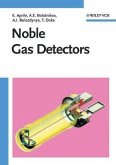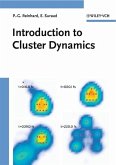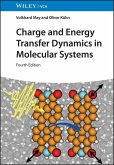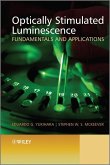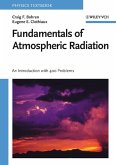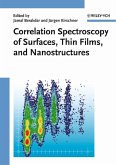This new and completely updated edition features not only an accompanying CD-ROM, but also a new applications section, reflecting the many breakthroughs in the field over the last few years. It provides a complete set of computational models that describe the physical phenomena associated with scanning tunneling microscopy, atomic force microscopy, and related technologies.
The result is both a solid professional reference and an advanced-level text, beginning with the basics and moving on to the latest techniques, experiments, and theory. In the section devoted to atomic force microscopy, the author describes the mechanical properties of cantilevers, atomic force microscope tip-sample interactions, and cantilever vibration characteristics. This is followed by an in-depth treatment of theoretical and practical aspects of tunneling phenomena, including metal-insulator-metal tunneling and Fowler-Nordheim field emission. The final section features applications, dealing with, among others, Kelvin and Raman probe microscopy.
The self-contained presentation spares researchers valuable time spent hunting through the technical literature for the theoretical results required to understand the models presented. The Mathematica code for all the examples is included in the CD-ROM, affording the freedom to change the values and parameters of specific problems as desired, or even modify the programs themselves to suit various modeling needs.
Hinweis: Dieser Artikel kann nur an eine deutsche Lieferadresse ausgeliefert werden.
The result is both a solid professional reference and an advanced-level text, beginning with the basics and moving on to the latest techniques, experiments, and theory. In the section devoted to atomic force microscopy, the author describes the mechanical properties of cantilevers, atomic force microscope tip-sample interactions, and cantilever vibration characteristics. This is followed by an in-depth treatment of theoretical and practical aspects of tunneling phenomena, including metal-insulator-metal tunneling and Fowler-Nordheim field emission. The final section features applications, dealing with, among others, Kelvin and Raman probe microscopy.
The self-contained presentation spares researchers valuable time spent hunting through the technical literature for the theoretical results required to understand the models presented. The Mathematica code for all the examples is included in the CD-ROM, affording the freedom to change the values and parameters of specific problems as desired, or even modify the programs themselves to suit various modeling needs.
Dieser Download kann aus rechtlichen Gründen nur mit Rechnungsadresse in D ausgeliefert werden.
Hinweis: Dieser Artikel kann nur an eine deutsche Lieferadresse ausgeliefert werden.




